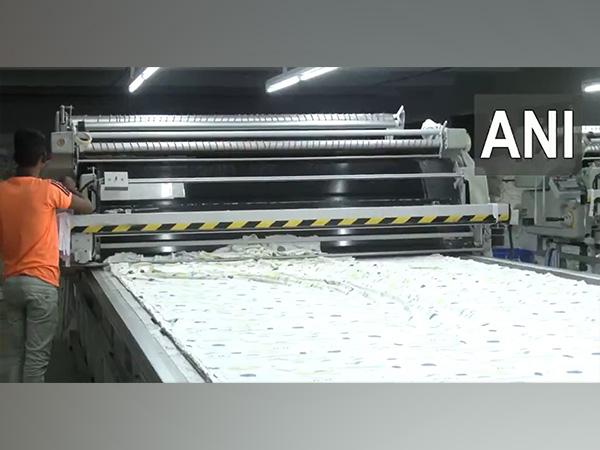Mexico's Tariff Hike: Protecting the Auto Industry from Chinese Competition
Mexico will increase tariffs on Chinese and Asian automobiles to 50% from 20%, aiming to protect the local auto industry. This decision, announced by Economy Minister Marcelo Ebrard, follows WTO guidelines and targets the influx of low-priced Chinese vehicles undermining Mexican market prices.

In a strategic move to shield local industry, Mexico has announced a significant hike in tariffs on automobiles from China and other Asian nations. The tariff will rise to 50% from its previous 20% level, aiming to protect Mexican jobs amidst aggressive market entry by Chinese manufacturers.
Economy Minister Marcelo Ebrard revealed this development, emphasizing the need for protection at levels permissible by the World Trade Organization. This measure specifically targets the light vehicles and auto parts sectors that have been adversely affected by cheaper Chinese imports.
The United States is also encouraging Latin American nations to curb their economic engagements with China, which seeks to boost its influence in the region. Despite Ebrard's prior criticism of tariff measures, the economic threats posed by Chinese market strategies necessitated this change.
ALSO READ
Denmark's Resilient Economy Amid Novo Nordisk Job Cuts
Boosting Bihar: New High-Speed Corridor Set to Transform Region's Economy
Coastal Conservation: India's New Wave of Blue Economy Initiative
Estonia’s Procurement Reforms Seen as Key to Building a Fair and Sustainable Economy
Tamil Nadu's Dravidian Model: Aiming for a One Trillion Dollar Economy










